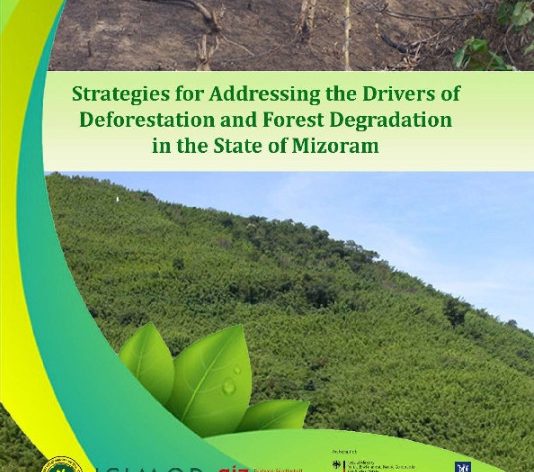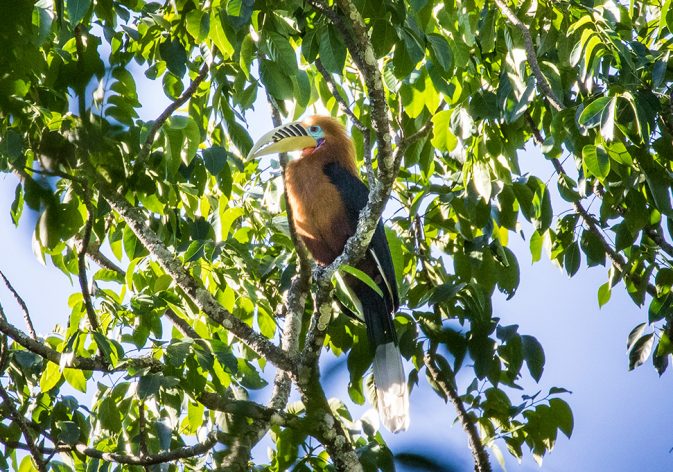This site uses cookies, as explained in our terms of use. If you consent, please close this message and continue to use this site.
At a glance
Implement REDD+ measures to mitigate climate change and conserve forests in Bhutan, India, Myanmar, and Nepal
Transboundary Landscapes

Bhaskar Singh Karky
![]()
Programme Coordinator
Our focus
We identify threats to our forests, promote community-centric forest management and monitoring, develop livelihood alternatives, and link researchers and policy makers.
Forest ecosystems provide a range of provisioning, regulating, cultural, and support services to forest-dependent communities in the HKH. However, climate change and variability, rapid socioeconomic changes, encroachment of forested land, and mismanagement and inadequate policies regarding forests have led to severe forest degradation, decreasing forest cover area, and loss of biodiversity.
ICIMOD has been a pioneer of forest conservation and management in the HKH region, and its REDD+ Initiative operates in Bhutan, India, Myanmar, and Nepal, promoting result-based management of forest resources. We support these countries to build capacity; provide technical backstopping; set up a regional REDD learning platform; and develop methods for measurement, reporting, and verification of forest carbon.
2009–present
The Initiative supports its four targeted countries to monitor changes in forests, share knowledge and management practices, and improve capacity to address growing challenges.
Bhutan, India, Myanmar, and Nepal
Report
The Indian Council of Forestry Research and Education (ICFRE) in collaboration with ICIMOD is implementing a transboundary landscape project titled “REDD+ Himalayas: Developing and using experience in implementing REDD+ in the Himalayas”.
Read More
News and features
We have a deep history of work across a broad range of issues enabling sustainable development in the complex environment of the HKH. We have been protecting the pulse for over three decades.

Forests cover around a quarter of the HKH. They are an integral part of the transboundary landscape, connecting numerous ecosystems, conserving biodiversity, sustaining livelihoods, providing timber and other resources, and guarding against natural disasters.
read more

With their steep terrain, fragmented landscape, and thermal gradients, mountain ecosystems are host to higher species richness and levels of endemism than adjacent lowlands. Many organisms adapt and specialize in these microhabitats, which can provide islands of suitable habitat isolated from unfavourable surrounding lowlands.
read moreEvents around the HKH
Engaging with partners and communities in Bhutan, India, Myanmar, and Nepal for REDD+ activities
Learn More
